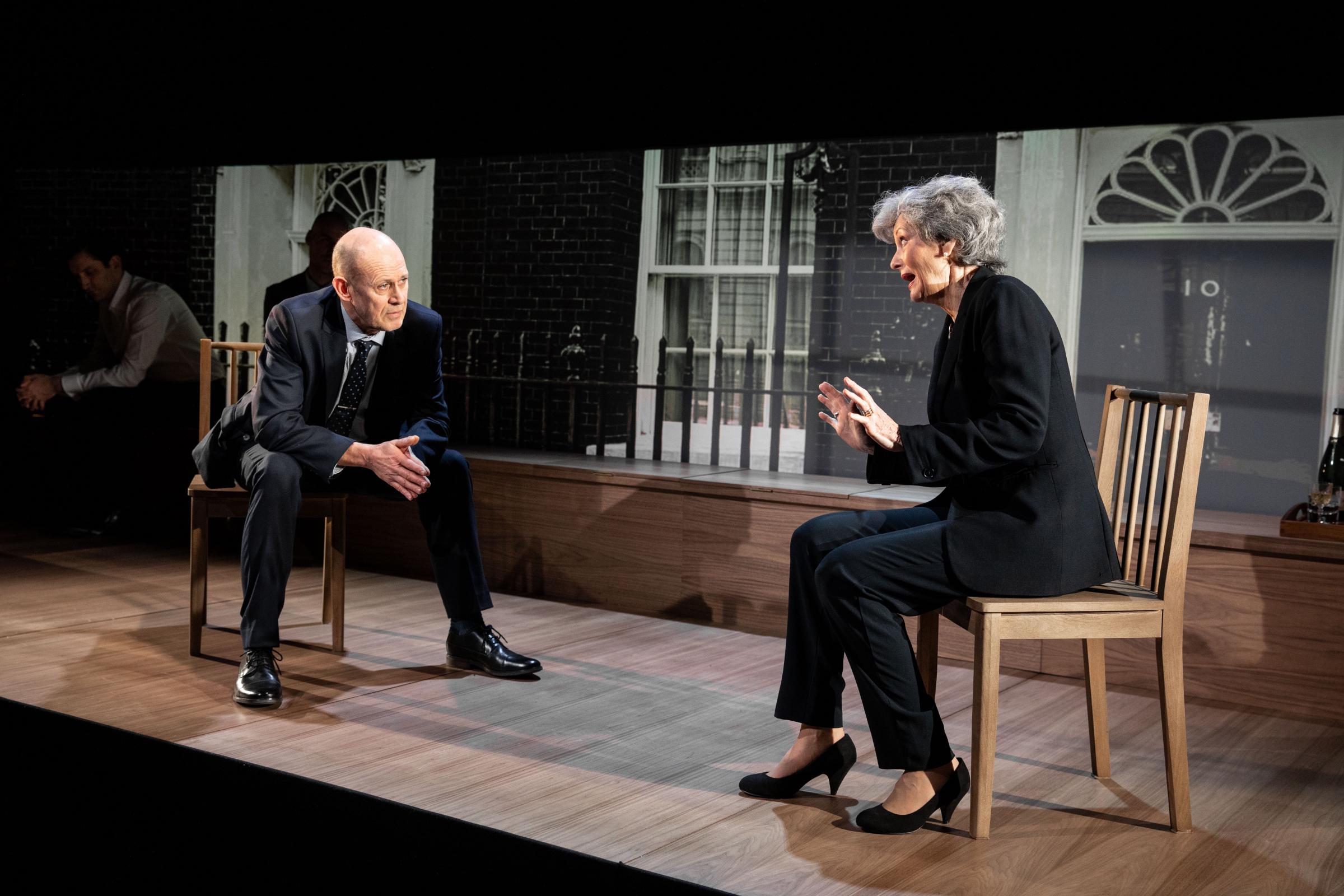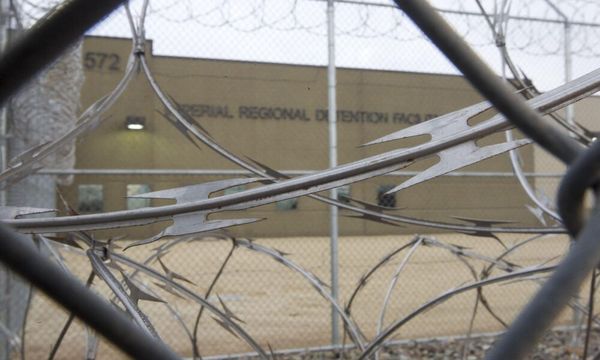

Defiance. Determination. Doing the right thing. Staying true to your beliefs while those around you try to twist your arm. And doing all of it while surrounded by men.
These are just a few of the themes running through the witty and insightful production of Bloody Difficult Women, which is running at the Assembly Rooms in Edinburgh’s George Street.
The play, written by journalist Tim Walker, focuses on the case Guyanese-British businesswoman Gina Miller brought against Theresa May in 2016, as she challenged the Government over its authority to implement Brexit without approval from Parliament.
But if you’re thinking this is a courtroom drama, you’d be mistaken. One scene is set in the courtroom when the final judgement is announced – that the UK Government could not use prerogative powers to implement Article 50 and must consult the Commons.
The drama otherwise unfolds in May’s office, Miller’s home, at May’s 60th birthday party, and in the offices of the Daily Mail, which famously branded the judges who sided with Miller as “enemies of the people”.
Heated conversations between Miller and her husband Alan about the abuse she was receiving from the press and public, and the awkward relationship between Daily Mail editor Paul Dacre and May took audiences behind the steel faces of these women and gave them a sense of how they were constantly in a battle with men trying to make them think or act differently.
The character of Dacre is without a doubt the most entertaining. Walker, who knew Dacre personally from working for the Mail, portrayed him as a cantankerous editor who loved using four-letter words. In one scene he swears almost 80 times and makes Father Jack look like a polite, gentle pensioner.
But although he was at the top of his game, actor Andrew Woodwall gives us a sense Dacre was a nervous man who put himself under immense pressure to deliver for the British people as his faith in May delivering Brexit wavered. Although the obsession with swearing did wear a little thin, Woodall’s performance was exceptional and recognisable to anyone who has ever stepped foot in a newsroom.
It was also moving to see Alan Miller brought into the picture, with Adam Jackson-Smith playing the role of a husband who tries desperately to be supportive but is ultimately scared for his wife and believes at points she is taking on far too much. The scene where he discovers the horrendous threats she has been getting is a memorable one where his resolve is severely tested.
You might wonder where Boris Johnson is in all of this. He might not have anyone specific playing him and is purposely never mentioned by name, but he’s there. Often referred to as “him” or “the Foreign Secretary”, he is very much treated as he who must not be named, which has more relevance now than perhaps ever.
There were brilliant performances throughout the piece. The only slight gripe was George Jones playing two different characters – a reporter for the Mail and an aide to May’s senior adviser, Sir Hugh Rosen – which initially seems a bit confusing and unnecessary. That said, Jones clearly showed his talent in being able to switch between a gutsy hack and a young civil servant at quick pace.
But to get onto the main stars of the show, Jessica Turner and Rita Estevanovich delivered outstanding portrayals as May and Miller respectively.
Throughout the show, we gradually see how despite them being on opposite sides of the argument, they hold many similarities. In one scene, they each tell audiences about their background and, while they start out starkly different, the stories eventually end up almost mirroring each other.
Despite having wildly different upbringings, both women loved their country and wanted to do what was best for it, they had affectionate relationships with their fathers, and each faced the challenge of standing up for their beliefs in the world of politics which is largely made up of middle-aged, power-hungry white men.
In the final scene, perhaps the most emotive of all, we see May and Miller meet long after the court case in the former’s house where we come to realise, despite everything, they actually have sympathy for each other.
In a desperate cry for more honesty and maturity in our politics, Bloody Difficult Women sends a clear message we must recognise that there is more that brings us together than sets us apart.







